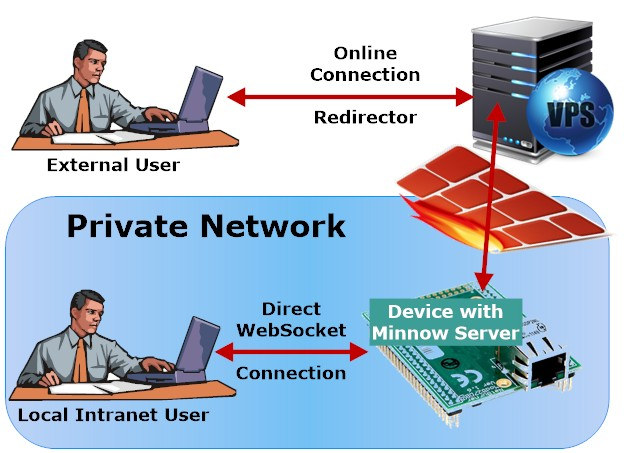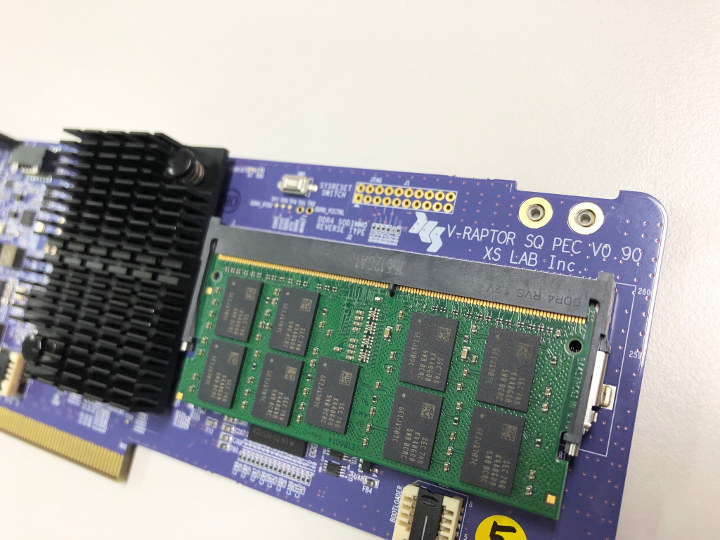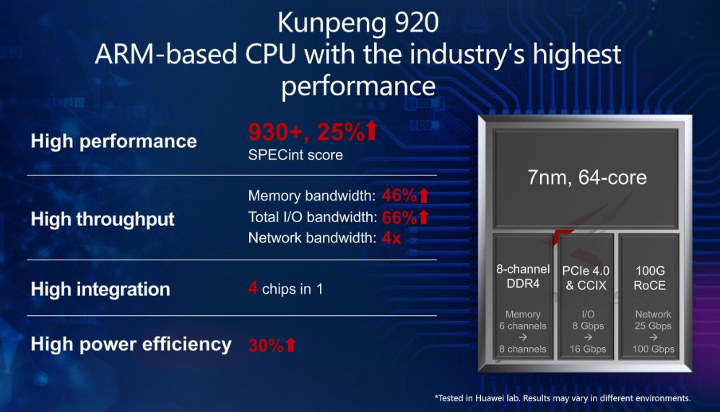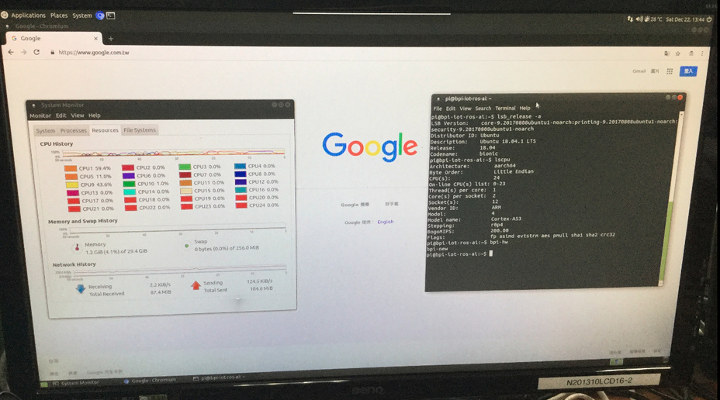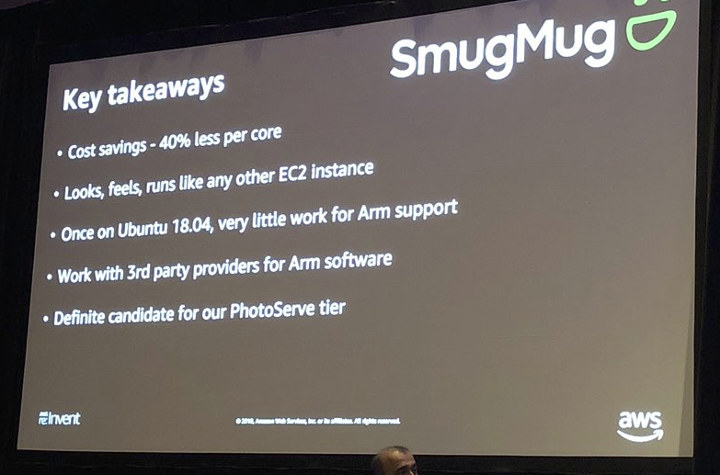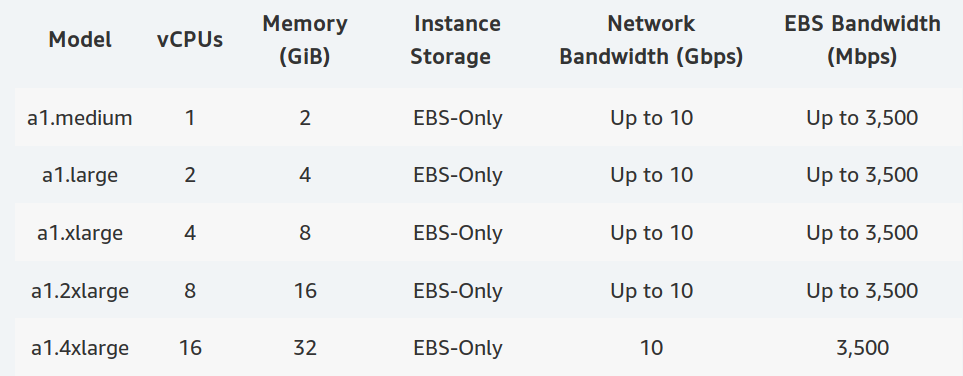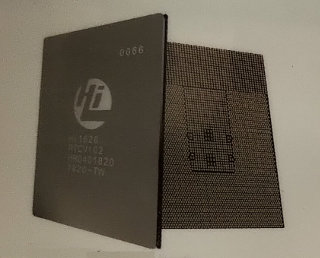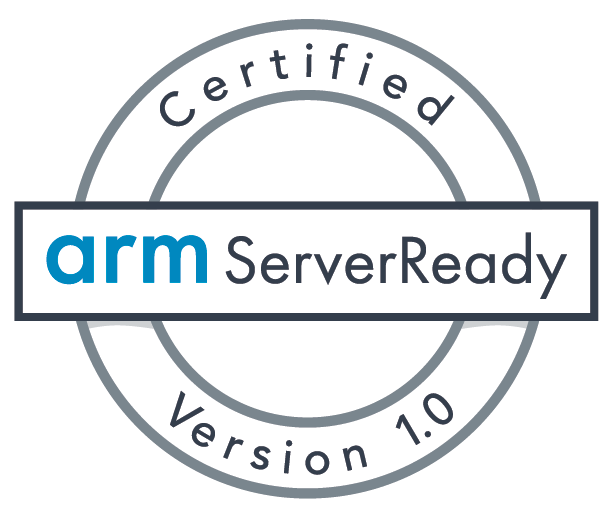Many embedded systems have a limited amount of memory, which would normally run programs with smaller footprints than on desktops or servers. For example, nginx and Apache2 are the common web servers, but on hardware with limited memory, smaller footprint web servers may be required, so that’s why I wrote a list of web servers for embedded systems running Linux/uClinux many years ago. But now, even platforms based on microcontrollers often need to run web server usually for configuration. We’ve already shown how to use Arduino to serve a simple web page and did the same in Getting Started with NodeMCU Board Powered by ESP8266 WiSoC but using Lua programming language instead. It may be more convenient to run a proper web server however, as it’s easier to change the interface, and we previously covered MicroWebSrv lightweight web server that works on platforms running MicroPython such as Pycom boards. Real Time […]
V-Raptor is a 24-Core Arm Server based on SocioNext SC2A11 SoC
Socionext SC2A11 24-core Arm Cortex-A53 processor has gotten into more hardware recently. We recently showcased a demo of an upcoming Banana Pi 24-core Arm server, but they’ll be joined by South Korea based XSLAB which prepare to launch their own V-Raptor 24-core microserver in February 2019. The server is based on SC2A11 processor coupled with their own BMC (Baseboard Management Controller). A 24-core micro server node is shown below with SC2A11 processor covered by a black heatsink, as well as a RAM stick. As I understand it, one or several V-Raptor microserver can then be inserted into a PCIe slot of the mainboard which supports up to 32 nodes on 2U rack size, so that would be a total of 24 x 32 = 768 Arm Cortex A53 cores. The detailed specifications of the server are not shown yet on the almost empty company website. The company may also have made […]
Huawei Kunpeng 920 is a 7nm 64-core Armv8 Server Processor
We’ve seen several Armv8 processors for the datacenter launched in recent years from companies like Cavium – now part of Marvell – and Ampere. Another company now joins the fray with Huawei having just introduced their Kunpeng 920 64-core Armv8 processor manufactured with a 7nm process, and offering 8-channel DDR4 RAM, and fast interfaces such as 10GbE and PCIe 4.0. Kunpeng 920 features and specifications: CPU – 64x Armv8 cores clocked at up to 2.6 Ghz delivering a 930 SPECint score Memory I/F – 8x DDR4 @ 2933 MHz for 6 to 8 channels memory Storage – 16x SAS/SATA interfaces High Speed Interfaces – 40x PCIe 4.0 including 16 that can be used for CCIX (Cache Coherent Interconnect for Accelerators); 640 Gbps total bandwidth Networking – 2x 100G RoCE (RDMA over Converged Ethernet) Process – 7nm process The company customized their ARMv8 cores in order to improve performance by optimizing […]
Banana Pi to Launch a 24-Core Arm Server
SinoVoIP has been offering Banana Pi single board computers for several years. Their boards are generally based on Arm processors, offered at a relatively decent price, although not as quite as good value as FriendlyELEC and Orange Pi ones. The company is also known for providing subpar documentation and firmware images, but a fairly active community still formed around their boards 🙂 The company has now demonstrated something a little different with a 24-core Arm server that should eventually be sold as a Banana Pi server board or actual server, as the full details are yet to be known. We did not get a glimpse at the actual hardware, but the blurry photo above gives some clues. We have 24-core Arm Cortex A53 processor with 32GB RAM (29.4GB seen by the OS) running Ubuntu 18.04.1 LTS with MATE desktop. There aren’t that many 24-core Arm Cortex A53 processors, so unless […]
Amazon EC2 A1 Arm Instances Deliver up to 45% Cost Savings over x86 Instances
Just a couple of days ago, Amazon introduced EC2 A1 Arm instances based on custom-designed AWS Graviton processors featuring up to 32 Arm Neoverse cores. Commenters started a discussion about price and the real usefulness of Arm cores compared to x86 cores since the latter are likely to be better optimized, and Amazon Web Services (AWS) pricing for EC2 A1 instances did not seem that attractive to some. The question whether it makes sense will obviously depend on the workload, and metrics like performance per dollar, and performance per watt. AWS re:Invent 2018 is taking place now, and we are starting to get some answers with Amazon claiming up to 45% reduction in costs. It sounds good, except there’s not much information about the type of workload here. So it would be good if there was an example of company leveraging this type of savings with their actual products or […]
Amazon Launches 64-bit Arm Server “A1” Instances
Amazon has developed AWS Graviton processors optimized for cloud applications and delivering power, performance, and cost optimizations over their Intel counterpart. The processors feature 64-bit Arm Neoverse cores and custom silicon designed by AWS themselves, and can be found today in Amazon EC2 A1 instances. The screenshot above shows Amazon Linux 2, Red Hat Enterprise Linux 7.6, Ubuntu 18.04 Server, and Ubuntu 16.04 Server machine images having options for either 64-bit x86 or 64-bit Arm servers. Amazon Arm server instance are particularly suitable for applications such as web servers, containerized microservices, caching fleets, distributed data stores, as well as development environments. Amazon further explains: A1 instances are built on the AWS Nitro System, a combination of dedicated hardware and lightweight hypervisor, which maximizes resource efficiency for customers while still supporting familiar AWS and Amazon EC2 instance capabilities such as EBS, Networking, and AMIs. Amazon Linux 2, Red Hat Enterpise Linux […]
HiSilicon Hi1620 Server SoC to Features up to 64 Arm “Ares” Cores
A few years ago we covered Hisilicon D02 server board powered by the company’s Hip05 SoC with 16 or 32 Arm Cortex A57 cores. I had not seen any updates since then myself, but HiSilicon has released new “TaiShan” Arm based server SoCs every year, and recently unveiled Hi1620, the world’s first 7nm datacenter Arm processor, featuring 24 to 64 Arm “Ares” cores clocked at up to 3.0 GHz. Ares cores are supposed to greatly improve single thread performance in order to compete with x86 server chips. HiSilicon Hi1620 processors specifications: CPU – 24 to 64 Ares ARMv8.2 cores clocked at 2.4 – 3.0 GHz Cache – L1: 64KB I-cache, 64KB D-cache; L2: 512KB private per core, L3: 24-64 shared among cores (1MB/core) Memory – 8x DDR4 channels up to 3200 MHz Interconnect – Coherent SMP interface for 2S & 4S, 3 ports up to 240 Gbit/s per port I/Os […]
Arm ServerReady is a Compliance Program for Arm-based Servers
The Server Base System Architecture (SBSA) specification was unveiled in 2014 in order to standardize all Arm based servers and let them all run the same operating system images. However so far, manufacturers would just test specification requirements by themselves without having their claims fully tested and certificated. That’s why Arm has just unveiled the Arm ServerReady certification program for Arm based servers which relies on the Architecture Compliance Suite (ACS) for SBSA and SBBR (Server Base Boot Requirements) verification. Basically the servers must be able to boot standard operating systems and run the ACS. The servers that pass the ACS are then granted the Arm ServerReady certificate. The current Arm ServerReady version 1.0 certification utilizes ACS version 1.6 for testing SBSA version 3.1 and SBBR version 1.0 compliance. Ampere, HXT, Marvell, Qualcomm, as well as ODMs such as Femrice, Gigabyte and UIT have already received Arm ServerReady version 1.0 […]


